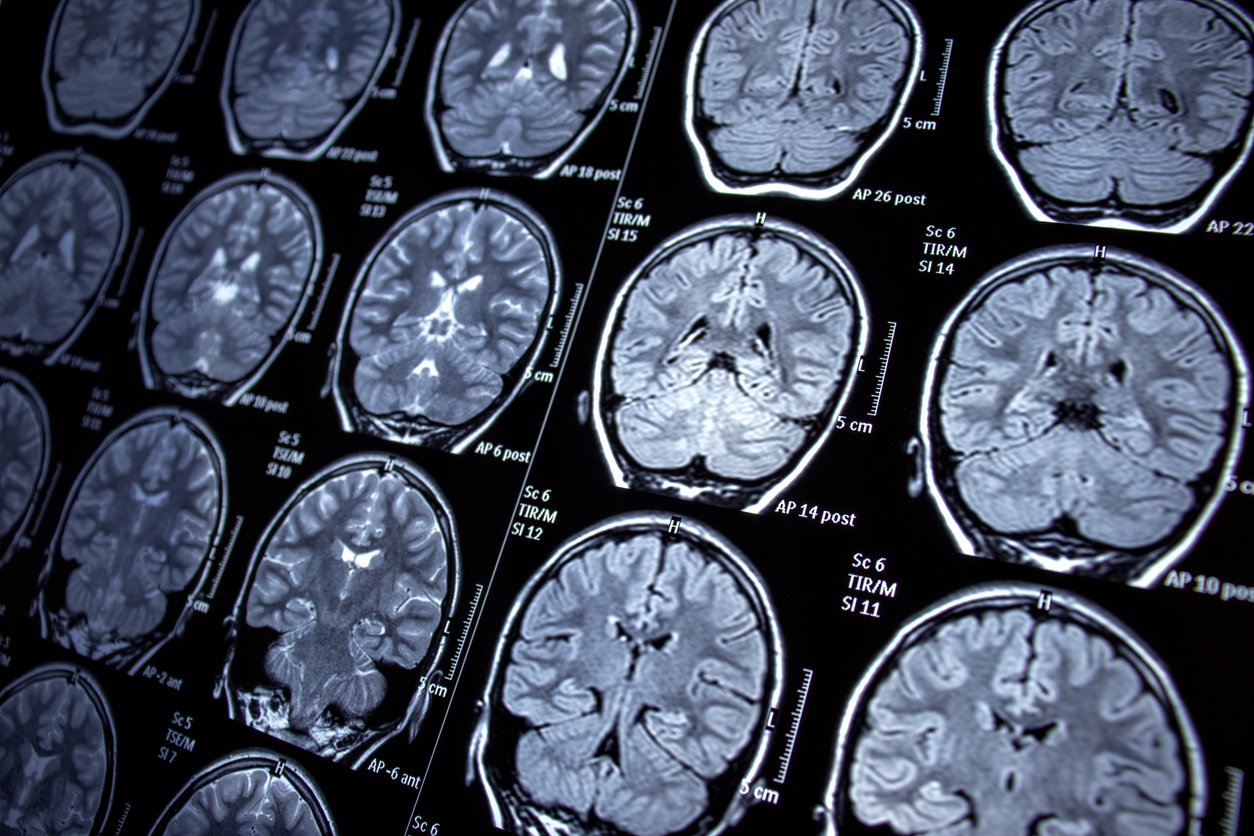Your brain on music
Can musical training help develop the human brain? New research from scientists at Northwestern University’s Auditory Neuroscience Laboratory reveals that the learning of music is linked to improvement in children’s communication skills and working memory.
The research involved measuring students’ brain activity, specifically their auditory brainstem activity, before and after two years in a school-based music program. The findings revealed the importance of music instruction in school and its positive impact on the learning of other school subjects.
How does music training influence the brain anyway? Well, the process involves the interaction of the training with a person’s genetics along with environmental or epigenetic factors. Therefore, both nature and nurture play a role in how musical training can influence the human brain.
Specifically, a person’s interaction with music can help to shape their brain by increasing neural (brain cell) connections. It is worth noting that these types of changes are more apparent during certain periods of development, such as childhood. This indicates that music programs, where children learn a musical instrument, can have positive effects on how their brains develop, well into their adult lives.
So, what does this all mean anyway? Well, it all points to the importance of exposing children to music early on in their lives. That way, children are more likely to experiment with their musical interests and may even decide to take music lessons or classes during critical periods of their brain development.
Want to learn more about early-childhood brain development?
Visit our Wonder Gallery.
